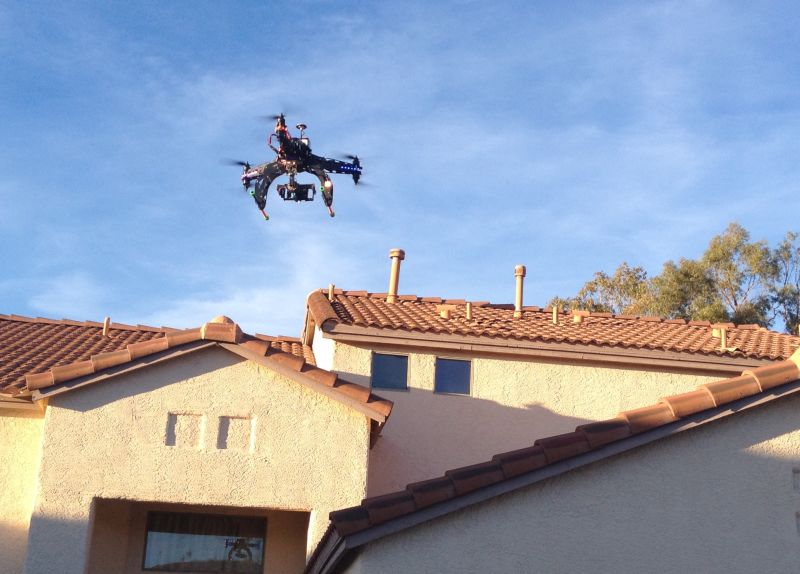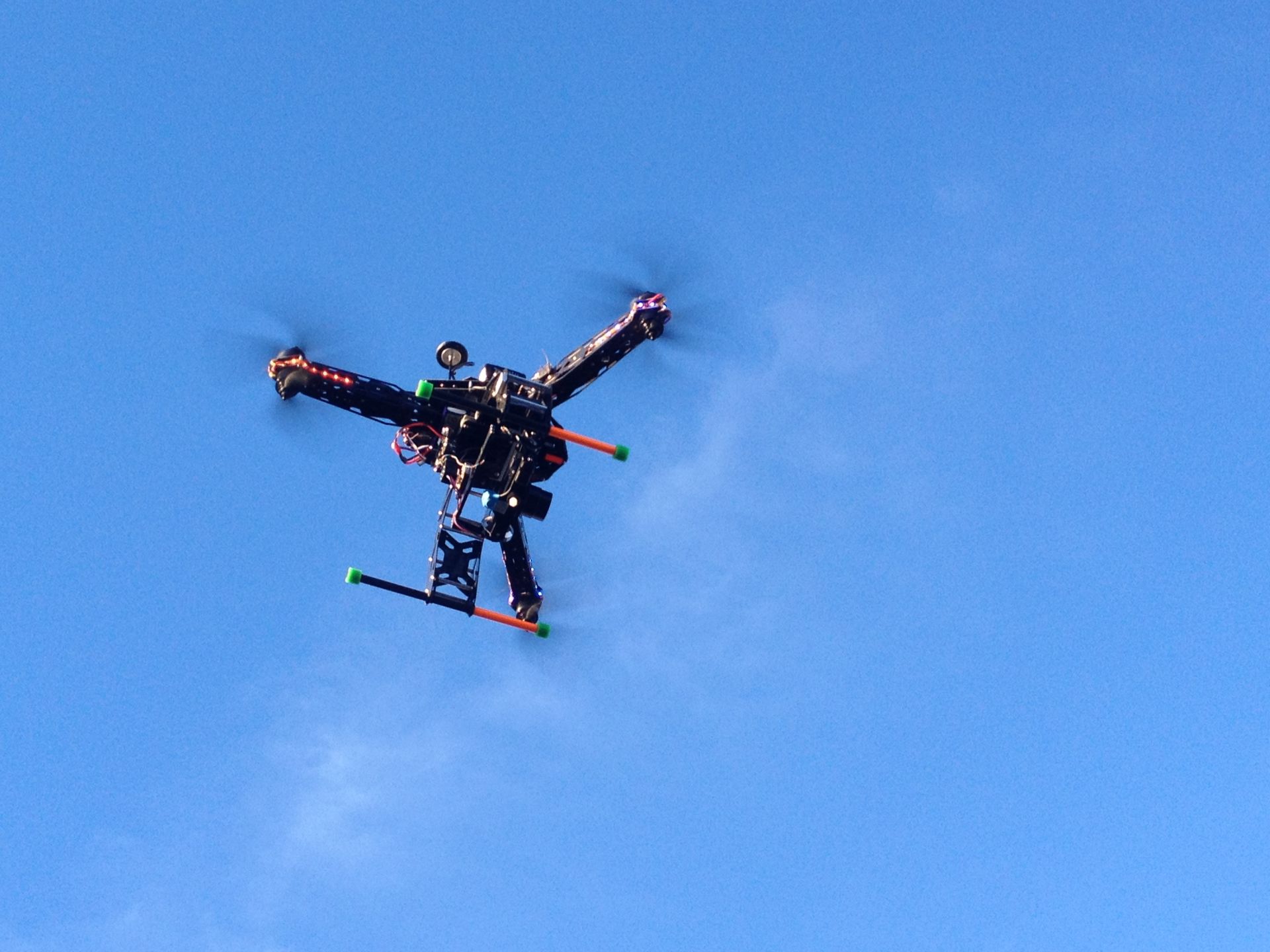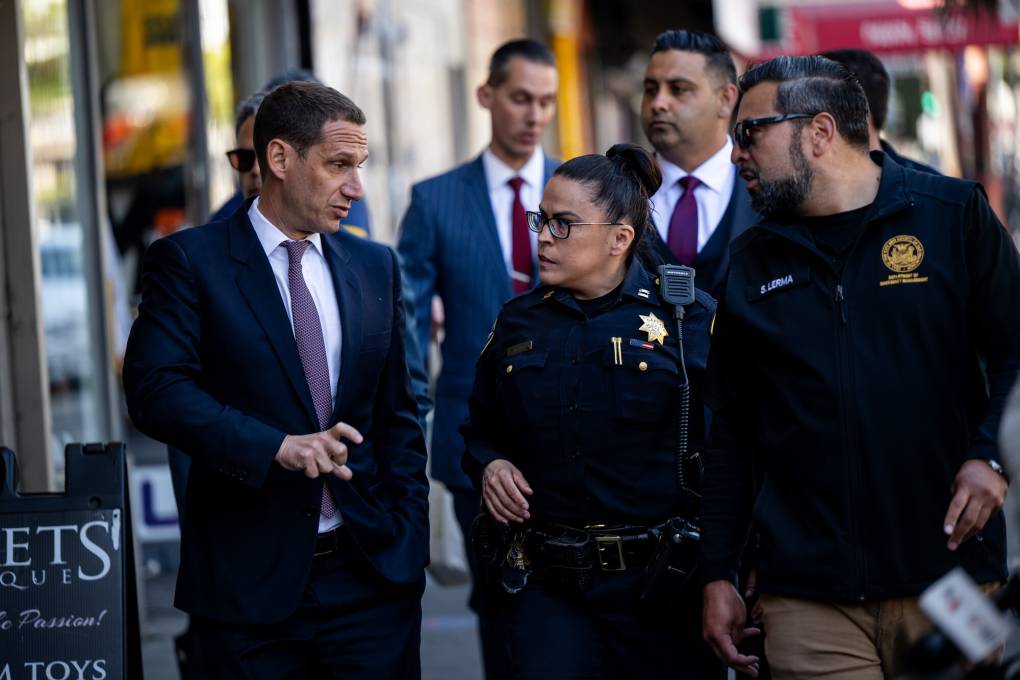Shortly after the incident, Schmitz received notice that parts of her property were in violation of the county code. She has since paid $25,000 to resolve the issue and is facing $10,000 in additional fees. According to the lawsuit, it was confirmed that drones were used to identify the violations.
“This horrible experience has shattered my sense of privacy and security,” Schmitz said in a statement. “I’m afraid to open my blinds or go outside to use my hot tub because who knows when the county’s drone could be spying on me.”
According to Cagle, drones have been used in the county to monitor private residences near the city of Santa Rosa, backyards, children’s play areas, swimming pools and hot tubs. The county has also made efforts to conceal its drone program from the public, he alleged, adding that officials have killed amendments to its surveillance policy that would restrict how drones can be used.
Plaintiffs in the lawsuit are seeking a permanent injunction against the use of taxpayer dollars to fund the program and also a judicial warrant requirement for any future drone flights.
“We know that people have a right to live their lives privately in and around their homes,” he said. “If a government agency is going to monitor private activities or private spaces where people expect to be having their privacy, they need to be getting a warrant.”
Under the California Constitution, people are entitled to a reasonable expectation of privacy from government surveillance in their homes and in the areas around their homes, Cagle said. The lawsuit against Sonoma County will help determine whether that expectation still stands in the “drone era,” he added.
“This is an important test case,” Cagle told KQED.
While there are laws relating to when private citizens and private individuals can use drones, when it comes to laws relating to government use of drones, it’s kind of the Wild West.”
KQED’s Sukey Lewis contributed to this report.



